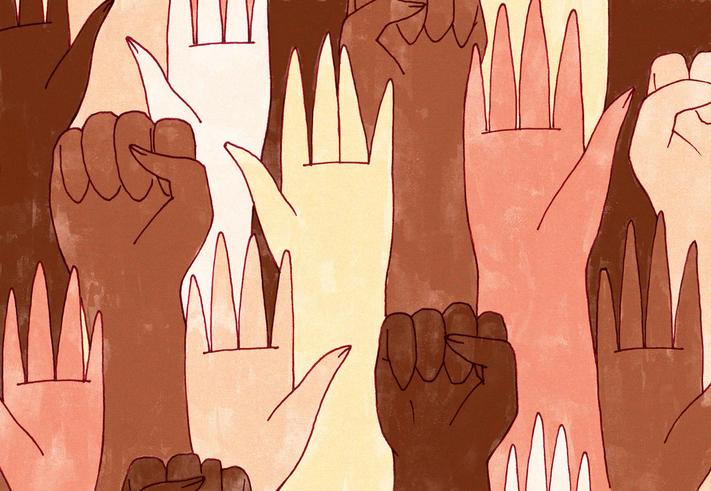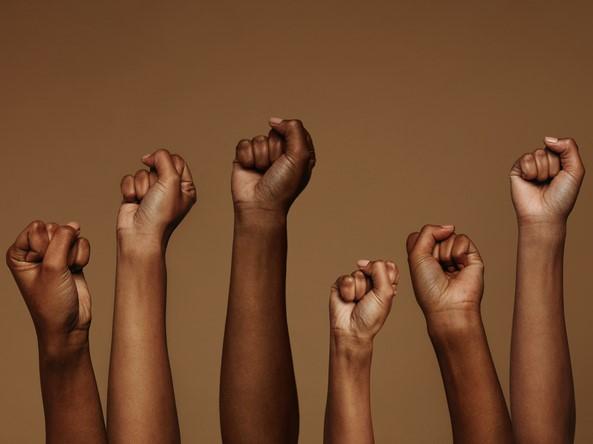
The transformative power of mentoring in historically black colleges and universities

You may also like
In the landscape of US higher education, historically black colleges and universities (HBCUs) stand out not only for their rich history. HBCUs foster a spirit of mentoring among faculty, staff and students that extends far beyond the campus. In fact, according to a 2022 report from the Strada Education Foundation, The Significant Value of Historically Black Colleges and Universities, 56 per cent of Black HBCU alumni considered their HBCU mentors to be “extremely” or “very” valuable, in comparison with 40 per cent of Black graduates of predominantly white institutions (PWIs). Moreover, 86 per cent of Black HBCU graduates described their experiences with faculty to be “extremely or “very” valuable, whereas only 67 per cent of Black PWI graduates felt similarly.
The culture of HBCUs offers lessons for all colleges and universities – in supporting achievement, building community and fostering belonging.
- Collection: Being Black in the academy
- THE podcast: how to navigate HE as a woman of colour
- 10 ways lecturers can boost Black students’ belonging
Alumni from HBCUs often recount how their experiences have inspired them to give back to future generations. This commitment is deeply rooted in the knowledge that prominent alumni such as film producer Spike Lee, media mogul Oprah Winfrey and Supreme Court associate Justice Thurgood Marshall walked the same hallowed halls. Recent graduates, including voting rights activist Stacey Abrams, US vice-president Kamala Harris and film producer Will Packer, add to the legacy, highlighting the excellence that HBCUs continue to produce.
How a teaching focus supports mentoring
The emphasis on teaching at HBCUs translates into an expectation of mentoring, setting them apart from many PWIs. Gallup & USA Funds research in 2015 suggests that the teaching-intensive nature of HBCUs provides students with more opportunities to engage with faculty, contributing to a greater likelihood of mentoring relationships.
Mentoring at HBCUs extends beyond the traditional academic adviser role to a familial nature, where mentors express genuine care and concern for students as individuals. Faculty commitments include helping with class schedules, providing emotional support, attending students’ family events, ensuring students are well prepared for job interviews, and much more. This holistic approach to mentoring results in positive, long-term outcomes for students, including increased well-being and a more positive perception of their alma mater. The value of faculty mentoring lies in its ability to help students translate their talents and potential into tangible outcomes, fostering self-sufficiency and preparing them for future accomplishments.
Compared with their counterparts at PWIs, HBCU students often experience a more inclusive and supportive environment, fostering a stronger sense of belonging. The family-centred atmosphere on HBCU campuses, as described by those alumni we have interviewed, plays a crucial role in academic success and overall personal growth. For example, 42 per cent of Black HBCU alumni, compared with 23 per cent of Black PWI alumni, surveyed by Gallup & USA Funds, had a mentor to help them pursue their “goals and dreams”. Additionally, 58 per cent of Black HBCU graduates shared that their professors cared about them as individuals; 25 per cent of Black PWI graduates felt similarly.
Mentoring benefits that extend beyond campus
We have found through our research that the experiences of HBCU graduates attest that mentoring is not just a cultural norm within these institutions but a practice that extends beyond, as graduates feel a deep commitment to pay it forward.
This commitment was expressed to us by Amber Johnson, a graduate of Tougaloo College. Johnson said: “I don't even think of it in terms of mentoring. It’s just like somebody is here, they need me, I’m here. It’s a lot of what people have poured into me, it’s not even a thought for me. Everything that’s poured into me, if I can pour it out into somebody else, I’m doing it.” Her sentiment reflects a broader culture within HBCUs, where mentorship is not viewed as an obligation but as a natural extension of the support and guidance received during one’s academic journey.
Those we interviewed also described how the mentoring they received had a familial nature, with mentors expressing care and concern for them as individuals, both personally and academically. Isaac Addae, a faculty member at Tennessee State University (TSU) and graduate of both Tennessee State and Morgan State universities, shared: “When I was at Alcorn State University, my dad’s colleague, Dr Napoleon Moses, became like my godfather. He took me under his wing, and I learned a lot from him, so much so that I call him my other dad. But he was just a faculty member who saw a young man who was talented, and he wanted to invest in me.”
As we celebrate the rich legacy of HBCUs, it is vital to recognise and appreciate the transformative power of mentoring in shaping not only successful individuals but also a community that thrives on shared support and empowerment.
HBCUs offer strategies that all colleges and universities could learn from. These include:
- emphasising teaching and mentoring alongside research, while also providing resources to support these efforts as they lead to students’ success
- providing training in mentoring for faculty as the practice doesn’t always come naturally and is often neglected for a focus on research productivity
- rewarding excellence in mentorship in tenure and promotion processes, as well as in formal award programmes
- fostering a culture of paying it forward, encouraging students to mentor other students and alumni to come back to campus and mentor students.
These approaches lead to greater student success and a stronger sense of belonging, and foster institutions that centre generosity and nurturing over competition.
Marybeth Gasman is the Samuel DeWitt Proctor endowed chair in education and a distinguished professor in the Graduate School of Education at Rutgers University. Levon T. Esters is the dean of the Graduate School and vice-president of graduate education at The Pennsylvania State University. They are the authors of HBCU: The Power of Historically Black Colleges and Universities (Johns Hopkins University Press, 2024).
If you would like advice and insight from academics and university staff delivered direct to your inbox each week, sign up for the Campus newsletter.


